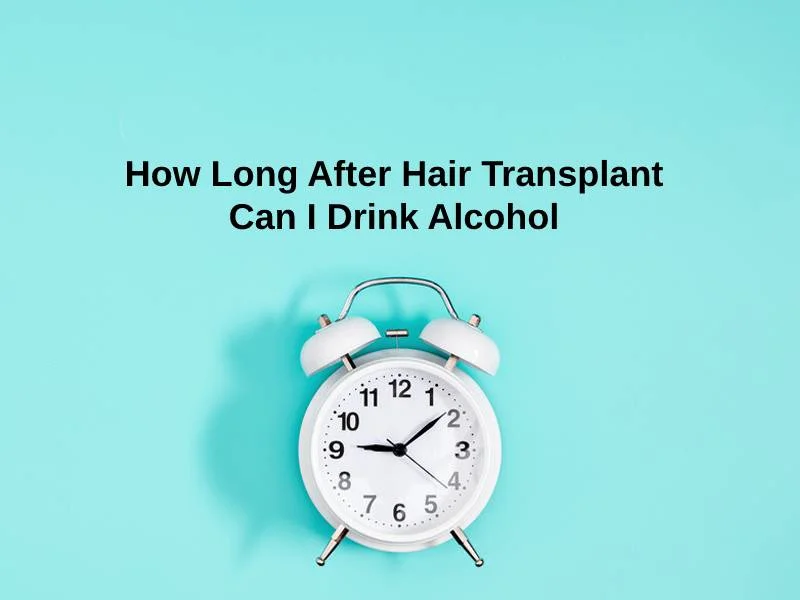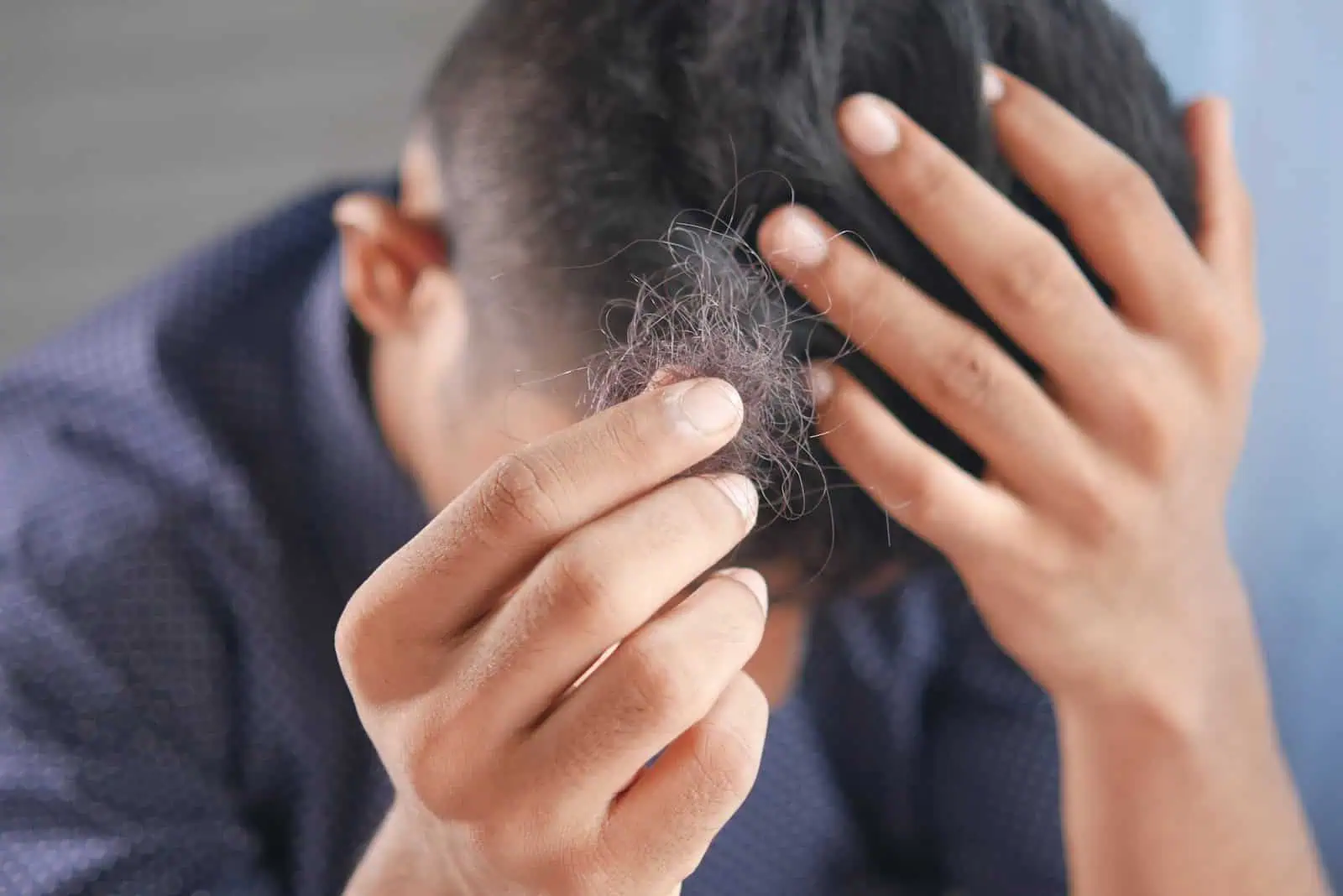Exact Answer: 2 Weeks
Baldness is a common phenomenon in the contemporary world. Bad diet, undue stress, hormonal imbalance, excessive use of medications, etc. is a common reason for baldness in youth. Apart from that, genetic factors are also responsible for youth baldness.
Baldness at any stage in life is a challenge for the person suffering from it. It can adversely the self-confidence of a person and result in low self-esteem. It makes a person conscious about their looks throughout the day. It may not seem to be a major problem but does major psychological damage to the person suffering from baldness.
With the advancements in technology with time, it has become easier to tackle and curb problems like baldness. Hair transplant is the technique used to regrow hairs in certain areas of the body.

How Long After Hair Transplant Can I Drink Alcohol?
| Avoid Drinking Alcohol | Time |
| Before Hair Transplant | 2 Weeks |
| After Hair Transplant | 2 Weeks |
Hair transplant is a surgical procedure that uses the hair of one area of the body and places it in another location where there is a paucity of hair or to the bald area. The area from where hair is taken or removed is known as the donor site and the area to which the hair is transplanted (or the bald area) is known as the recipient site.

There are two methods for the surgery. The first is follicular unit transplantation or FUT. In this method, a strip of scalp skin from the back of the head is cut. It is then closed with stitches. The next step involves separating the removed portion of the scalp into small sections using a magnifying lens and a sharp surgical knife. These sections help achieve natural-looking hair growth.
The other method is follicular unit extraction or FUE. In this method, hair follicles are cut from the back of the head and then transplanted. Hundreds or even thousands of hairs can be transplanted in this method. Both surgeries require two to four operating hours.
It is advisable to not drink alcohol for at least two weeks before and after any of the two procedures. Consumption of alcohol can lead to several complications and interfere with surgical procedures as well.
Why Can I Drink Alcohol So Long After Hair Transplant?
The hair transplant surgery or procedure demands cutting and stitching of patches of scalp skin. Surgeons use local anesthesia at both donor and recipient sites to carry out these operations. The surgeon will also prescribe pain medication to relieve the pain, antibiotics to reduce the risk of infection, and anti-inflammatory medications to keep the swelling down.
Anesthesia is a group of powerful drugs given during surgery. They suppress functions such as breathing, heart rate, and blood circulation. Alcohol has the same effects. While these effects may be desirable during surgery but post-surgery they can hinder the process of recovery and even delay it. The liver metabolizes both of these substances that it won’t be able to do at the same time and eventually result in nausea and vomiting.

Interaction of alcohol with any of the medications can lead to several complications. Alcohol does not reduce the effectiveness of the antibiotics but results in low energy in the patient, which delays the recovery process. The effectiveness of some of the anti-inflammatory medication reduces with the consumption of alcohol.
Conclusion
Baldness consciously or subconsciously affects a person suffering from it. It leads to anxiety, poor self-image, and even depression. The advancements in science and technology prove to be a boon for people suffering from baldness. The use of hair transplant procedures has helped a lot of people regrow their lost hair.
The procedure requires the use of local anesthesia and several medications including antibiotics, pain-relieving pills, and anti-inflammatory pills. All of these tend to interact with alcohol. These interactions eventually delay the recovery process and sometimes also lead to some complications. Hence, it is advisable to avoid consuming alcohol for at least two weeks after a hair transplant surgery.